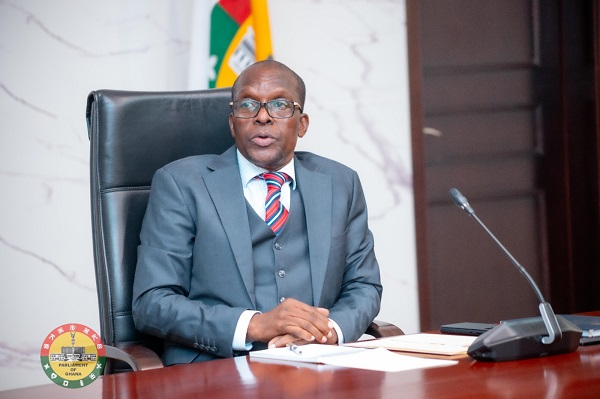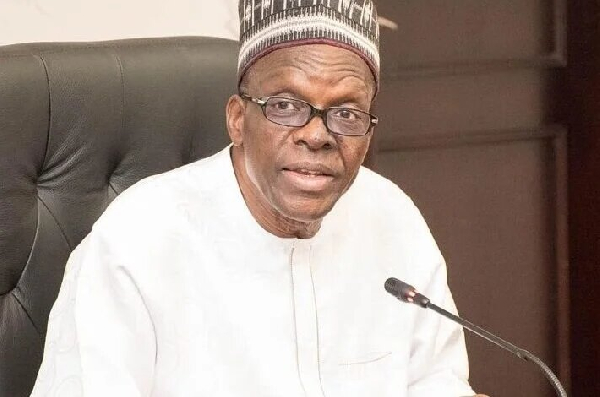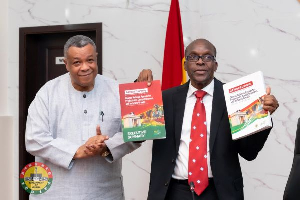Ghana's 24-Hour Economy Initiative & Parliament Shift System

Speaker of Parliament, Alban Bagbin, has voiced strong support for the immediate implementation of Ghana's ambitious 24-Hour Economy policy. His endorsement comes as a crucial step towards easing the significant workload on parliamentary staff, enhancing operational efficiency, and expanding job opportunities across the nation. During a recent courtesy call by Presidential Advisor on the 24-Hour Economy, Goosie Tanoh, Speaker Bagbin underscored the overwhelming volume of work at Parliament House, which frequently extends staff beyond regular working hours. He recounted staff concerns about longer shifts under revised sitting hours, emphasizing that a structured shift system, as proposed by the policy, would allow staff to work eight-hour shifts, ensuring continuity without burnout and significantly contributing to reduced unemployment.
The 24-Hour Economy policy, a pivotal campaign promise of President John Dramani Mahama during the 2024 electioneering period, aims to establish an economic system where businesses and public institutions operate around the clock, seven days a week. This initiative, spearheaded by Augustus Goosie Obuodum Tanoh, is designed to stimulate economic activity, create abundant job opportunities for Ghanaian youth, and boost overall productivity. It envisions a transformational impact across various sectors, including commerce, industry, and services, through the implementation of a comprehensive three-shift system.
Key features of this transformative initiative include the integral shift system, designed for optimized resource utilization, increased productivity, and extensive job creation. The policy targets vital economic sectors such as agro-processing, manufacturing, pharmaceuticals, construction, and financial services. Furthermore, public institutions with high customer traffic, such as ports and customs, are slated to operate 24/7 to drastically enhance efficiency and service delivery. To effectively regulate this new economic model, a new Employment Act is also expected to be enacted, providing the necessary legislative framework.
The policy document outlines three main anchor thematic areas: Production Transformation, Supply Chain and Market Efficiency, and Human Capital Development. These anchors are supported by eight key sub-programmes, including 'Grow 24' (focused on agriculture and food sufficiency), 'Make 24' (boosting manufacturing), 'Connect 24', 'Show Ghana' (showcasing cultural identity and promoting tourism), 'Go Ghana' (mobilizing citizens for national prosperity), 'Digital Technology', and 'Aspire 24' (aimed at changing mindsets and minimizing bureaucratic bottlenecks for optimal productivity). The 'Made-in-Ghana' component within these initiatives further promotes local manufacturing and encourages the patronage of domestically produced items, developing the country's value chain and expanding industrial output.
President John Dramani Mahama is anticipated to officially launch the 24-Hour Economy and Accelerated Export Development Programme on Wednesday, July 2, 2025. Following this launch, Speaker Bagbin has strongly proposed that the policy document be presented to Parliament for a comprehensive debate. He emphasized that such a parliamentary deliberation is crucial to secure the buy-in of all organs of government and ensure the policy's acceptance across all Ghanaians, regardless of political affiliations. Drawing parallels to past national policies like Vision 2020 and the Free Senior High School Policy, Bagbin stressed the importance of formalizing the 24-Hour Economy as a national program to ensure its seamless and holistic implementation for the common good, urging an end to the pervasive politicization of national issues.









